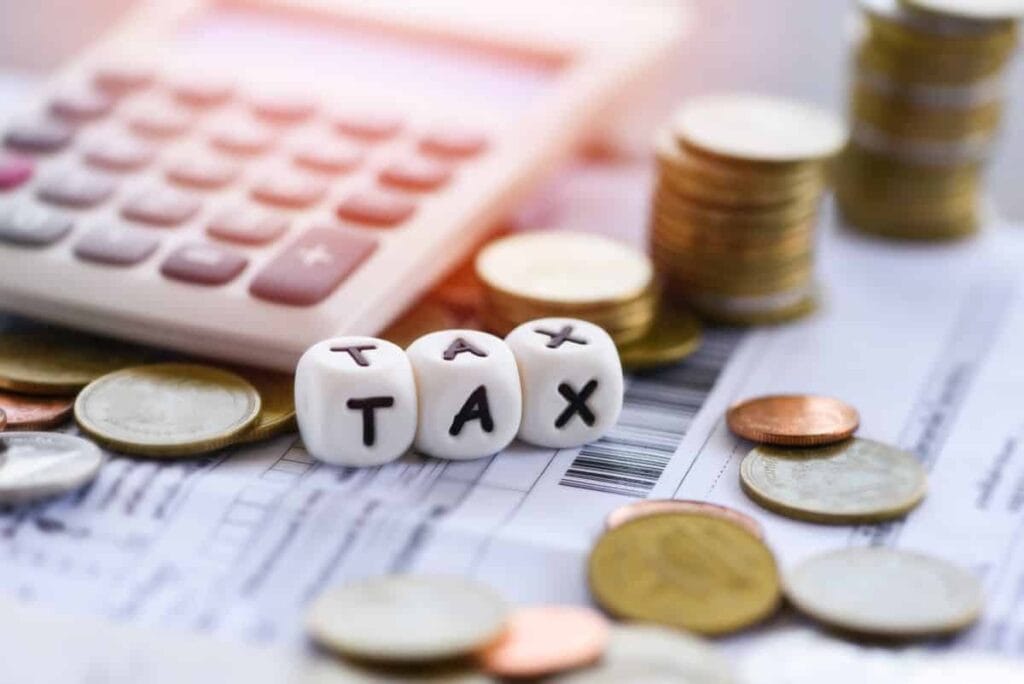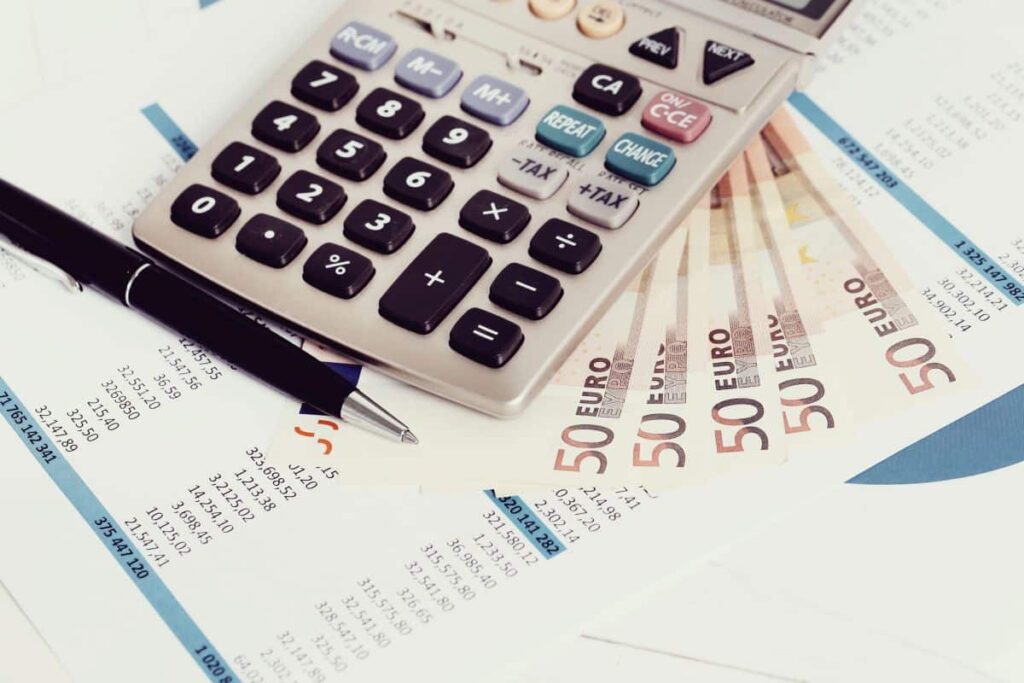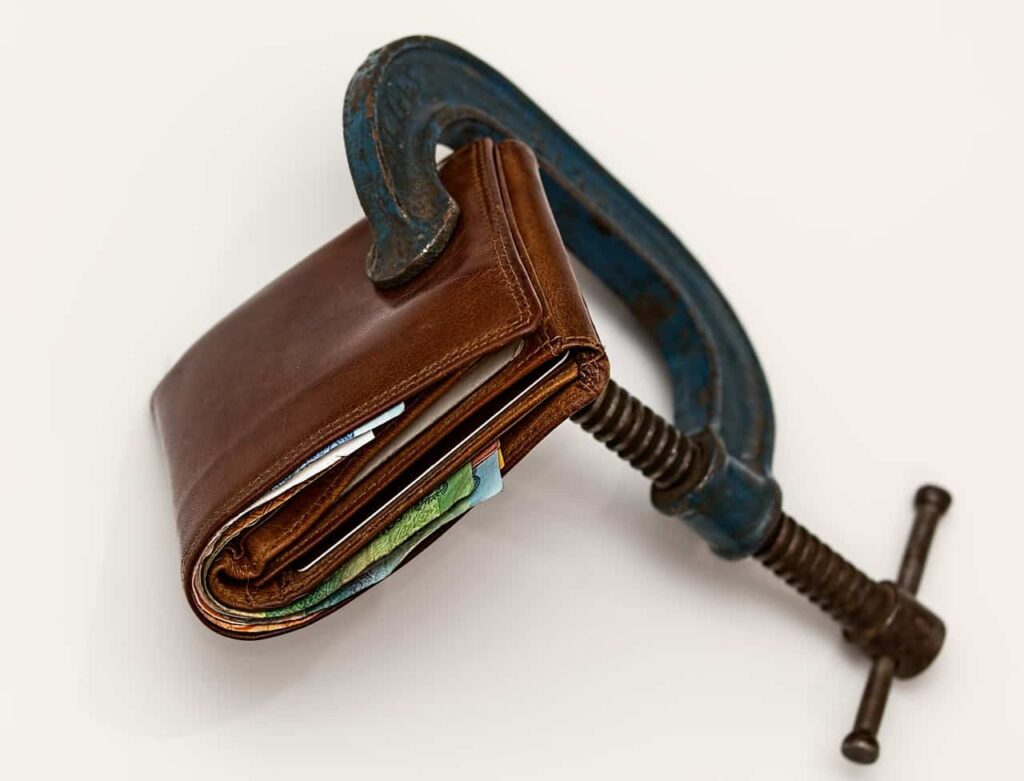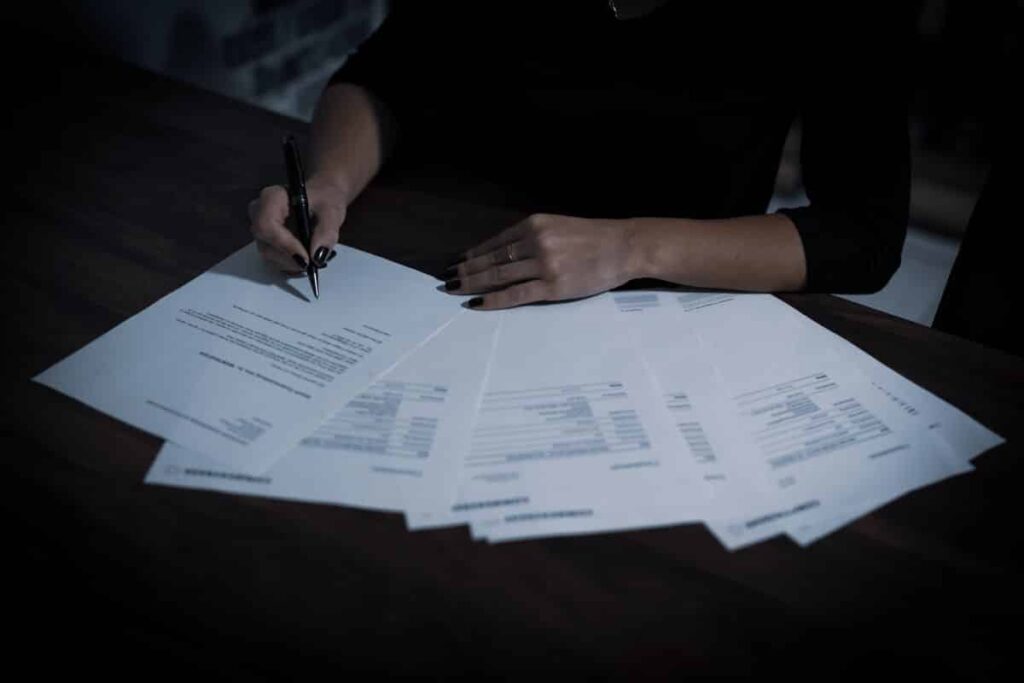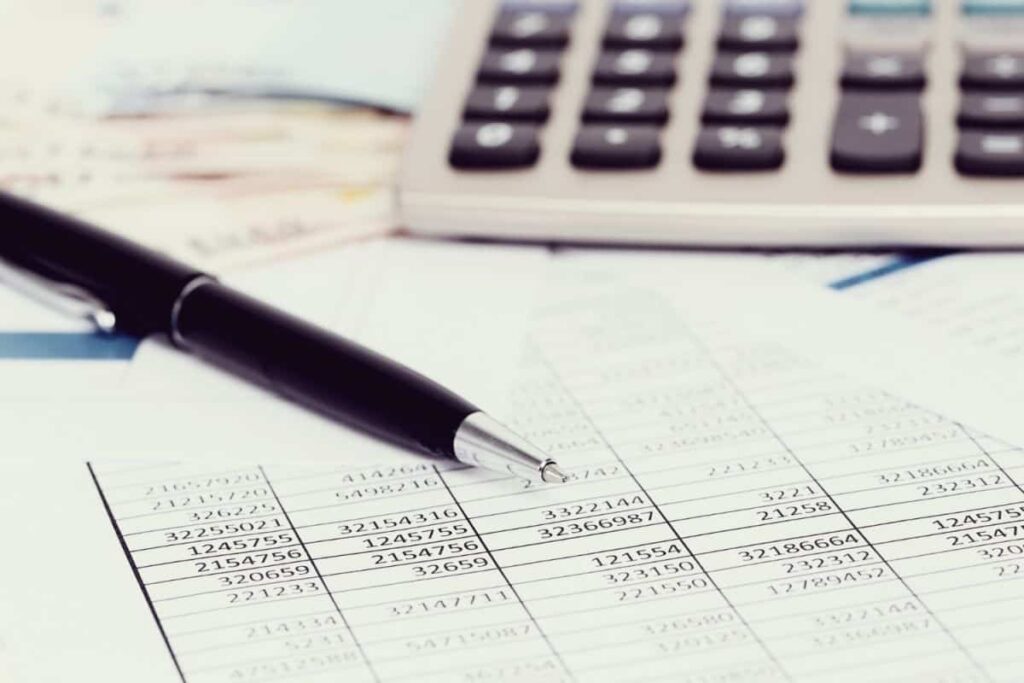Slash Your Tax Bill With These Last-Minute Tips
You’re in luck if you’re one of the millions of Australian taxpayers who are hoping to reduce their tax liability before the conclusion of the current fiscal year. There are a variety of strategies available to you that, with little organization and forethought, can lower the amount of income that is subject to taxation and allow you to retain more of the money you earn. Here are some of our best recommendations for lowering the amount of money you have to pay in taxes at the very last minute.
If you’re one of the millions of people in Australia who are anticipating receiving a tax bill this year, there’s no need to freak out over it! There are a few things you may do to reduce the amount of money you owe in taxes. Here are some last-minute pointers to assist you to maximize the refund that you receive from your taxes. Read on for some suggestions that could help you save hundreds or even thousands of dollars when filing your taxes, regardless of whether you want to lower your taxable income, claim some deductions, or just get the most money back from your refund.
There is still time left before the end of the fiscal year for you to reduce the amount of taxes you owe. Read on for some suggestions from us that will help you cut down on your taxable income and save money on your taxes. You might be able to reduce your tax liability by the hundreds, or even the thousands, of dollars if you take the time to organize yourself and play the system just right.
Last-Minute Tips That May Help Trim Your Tax Bill
The end of the fiscal year is drawing near, which means that it will soon be time to file taxes once more. Check out these last-minute suggestions for cutting down on your taxable income and making the most of your deductions to ensure that you get the maximum benefit possible from your tax return.
Before you submit your tax return, one of the most important things for you to do is to make sure that you have a comprehensive understanding of your tax deductions, including what you may and cannot claim on your taxes. While it is possible to work with an accountant, it is in your best interest to educate yourself. After all, the more you are aware of, the better position you are in to maximize the deductions that are available to you.
If you are willing to put in the effort, there are a variety of alternative methods that you can save costs. 9Saver has conducted interviews with professionals in a variety of financial professions to collect some of the most useful advice on how you can maximize the amount of money you receive from your tax refund.
Pay in advance for your costs.
You may be able to get a tax break this year if you prepay for some goods, such as a magazine subscription because costs that relate fully or partially to the following year can be deducted from your taxes this year.
If you have an investment home, according to Joanna Pretty the mortgage provider State Custodians Home Loans, you can reduce your costs by prepaying up to 13 months’ worth of interest on the investment loan. This can help you save money.
If you “bring forward a deduction on the interest paid,” as Pretty advised, then “you will minimize this year’s amount that is subject to taxation.” If you had a year in which you made a lot of money, this could be a beneficial tool for lowering the amount of tax you owe.
Make Some Room in Your Super
According to Gary Winwood-Smith, a senior financial advisor with Sydney Financial Planning, there are savvy methods to maximize your return through superannuation. This information was provided to 9Saver.
“If your spouse does not have a job, you can make a contribution on their behalf for $3,000 and receive a tax rebate of $540,” Winwood-Smith advised. “This is equivalent to getting an 18% return on your investment.”
“However, make sure that your contribution is not left till the very last second. It is not the date that the contribution is made that is crucial, but rather the date that the funds are shown as a deposit in the retirement account. According to what Winwood-Smith indicated, a transfer of monies made on the 30th of June will not show up as a deposit until the next month, and it will therefore be treated as a contribution in the following tax year.
And don’t forget, if your annual income is less than $35,454, the government will match your co-contribution up to a limit of $500, and they’ll give you 50 cents on the dollar.
Pay off as much of your outstanding debt as you can.
If you have outstanding balances on your credit cards, you should work diligently to save money and pay off as much as you can before the beginning of the new fiscal year. This is in preparation for the possibility that you could be audited and end up owing money.
According to budgeting and debt specialists Fox Symes’s Deborah Southon, “You have until October 31 to register your tax return, so if your finances are in turmoil, you still have time to get back on track before then and prevent further debt.”
Southon advised 9Saver that it is prudent to learn to live with one credit card that has a low-interest rate or with no credit cards at all.
“You need to make regular payments toward your one card, but you can’t merely pay down the minimum balance or you’ll never make any progress. If you need more than one credit card, you should question yourself why you feel the need to do so. Clearly, you are not putting away enough money to pay all of your expenses. If you have more than one credit card, get rid of the ones with the highest interest rates first, then pay off the ones that are left as soon as you can.
Cut Down on Your Taxes on Capital Gains
You will be required to pay tax on any realized gains in the form of capital during the current year.
However, according to Winwood-Smith, there are creative ways to cut capital gains tax, one of which involves purchasing the asset in the appropriate tax and account structure from the beginning.
According to Winwood-Smith, “for instance, super funds are subject to a 10 percent capital gains tax whereas personal pensions are exempt from paying any capital gains tax.”
“When investing in stocks or real estate, you should exercise caution and check to see whether or not your superannuation fund will permit you, upon reaching retirement age, to transfer these assets into your own personal pension without first having to sell them. Once your personal pension has taken ownership of the item, you will no longer be subject to capital gains tax if you decide to sell it.
However, before you make the decision to buy the property or shares, it is imperative that you have a conversation with someone who is able to assist you in navigating this complicated tax minefield.
Invest in Something Useful for Your Company
Do you run your own modest enterprise? The good news for owners of small businesses is that if they make a purchase for their company that costs less than $20,000, they will be able to immediately deduct the cost of that purchase from the taxes owed by their company.
Putting money into brand-new assets like computers, electronic equipment, office furniture, and the like can be accomplished successfully by using this strategy. Bear in mind, however, that this exemption, which was scheduled to expire on June 30, 2019, will now remain in effect until that date. If you are unable to take advantage of the tax cut this year, you should think about doing so during the following fiscal year before it is eliminated.
According to Deborah Southon, an expert in financial planning and debt management at Fox Symes, your company “may write off the purchase as a tax deduction in order to decrease the amount of tax you are required to pay.”
“Remember that your company will still need to pay for the purchase before you can submit a claim for reimbursement. Consequently, you need to ensure that your cash flow can sustain the purchase and that it is necessary. Even with a reduction in your tax payment, you should give it considerable consideration if paying for it will require you to take on additional debt. If your company has a taxable loss for the year, then a tax cut could not make much of a difference or provide any benefit at all.
Delay Income

If you put off receiving money that is really yours, you can end up with extra cash in your pocket. This may sound counterintuitive. If you are due a salary bonus, capital gains from property, investments, or shares, deferring the income until the new fiscal year means that you will not be taxed on it. This is the case even if you choose to wait until the end of the year.
If you are self-employed and are due many bills, Southon recommends that you put off collecting on them until the month of July. “Of course, if you have creditors hunting you to pay bills and debts, then it’s probable that this won’t be achievable! You should constantly make sure that all of your debts and credit cards are paid off in order to put yourself in the best situation possible so that you do not get caught off guard. Then you’ll be in an excellent position to defer some of your salary around this time in order to avoid having to pay a higher amount of tax.
Because these helpful hints are only of a general nature, if you are truly interested in maximizing the deductions you are eligible to claim, you should always consult an expert before beginning the process.
Plus: The Main Tax Deductions To Consider For Your Tax Return
- Clothing expenses – Unfortunately you can’t claim for everyday office clothes, but you can claim for the cost and laundering of official uniforms.
- Car and travel expenses – You can’t normally claim for costs travelling to work from your home, but you can if you use your car within work hours to get to and from meetings.
- Investment property deductions – You can claim for repairs, so now’s a good time to squeeze in a few more before July 1.
- Other deductions – Other miscellaneous items you can claim include union fees, the cost of managing your tax affairs, overtime meals and personal super contributions.
- Interest, dividend and other investment income deductions – Include account fees, investing magazines and subscriptions, internet access, and depreciation on your computer.
- Gifts and donations – Charitable donations are claimable.
- Home office expenses – This could include your computer, phone and internet service costs however you can only claim the proportion of expenses that relate to work.
- Self-education expenses – If the study relates to your current job, you can claim expenses like course fees, student union fees, textbooks, stationery, internet etc.
- Tools, equipment and other equipment – You can claim a deduction for tools and add-ons such as sunscreen and hats if you work outside, office or safety equipment.
Write Off Old Debts
If you go through your ledger of debt and find any old debt that is more than six months old or that is unlikely to be retrieved, you should cross it off.
Because of this, the amount of tax that your company is required to pay for the 2016–2017 fiscal year will be lower. It will also result in the goods and services tax (GST) that was imposed on the written-off invoices but was not received being credited in your next business activity statement (BAS).
Send the written-off debts to a debt collection service that operates on a “no recovery, no charge” basis. Any money that is ultimately recovered by them can be included back into your income in the financial year in which the money is recovered. This is provided, of course, that they are successful in recovering the money.
Buy Now and Make Payments Later
If you are planning to make a significant acquisition, you should try to place the order and get the invoice well before the end of the month of June. This will allow you to deduct the cost of the acquisition from your taxes.
Concurrently, engage in negotiations with your suppliers to obtain deferred payment arrangements in order to protect your cash flow. That is, place the order and make the claim for the expense at this time, but wait to make the payment until the beginning of the next fiscal year.
You Don’t Want To Annoy The ATO
When it comes to collecting money that is owed to it, the ATO has significantly more comprehensive powers than other firms and will act in a prompt and effective manner despite the fact that some businesses will attempt to negotiate lower payments with their creditors.
In point of fact, the ATO is Australia’s organization that liquidates most enterprises.
It is essential that you make your BAS payments in order to avoid incurring significant fines. The Australian Taxation Office (ATO) will provide assistance to individuals who are earnestly making an effort to pay, but they will be firm and severe with those who are purposefully attempting to avoid the payment.
Make a plan for both your payments and your collections
If you anticipate that your profits will be strong this year, you should make an effort to prepay as much as possible. This may be difficult to estimate, but if it can be done, it will be of assistance to you by raising the tax deductions you can claim for the year. You should prepay your rent as well as any other regular payments.
Managing your taxes may be the very last thing on your mind as the owner of a busy company, but the effort you put in now will be well worth it in the long run. It is critical to make preparations in advance in order to achieve the most favourable tax result possible and get your company off to a successful start for the upcoming fiscal year.
Make a payment into your retirement account
This first method is perhaps the simplest and quickest way to reduce the amount of tax you have to pay. It is more accurate to refer to this practice as salary sacrificing or salary packaging, which means that you contribute a portion of your income before taxes into your retirement account. The most important thing to do is to check that you have completed this step before you are subject to taxation. Therefore, the plan is for you to forego some of your pre-tax earnings before you really receive it.
When you sacrifice part of your salary, you are effectively switching the tax rate that applies to your income with the tax that applies to your contributions to your retirement account. The latter figure is far smaller, averaging 15 percent for most persons. As a result, if you believe you will receive an additional bonus payment at the end of the fiscal year, you might consider contributing that sum to your retirement fund rather than spending it.
Before the certification of your bonus entitlement, it is imperative that you discuss the wage reduction with your employer in order to avoid any complications. This nuance is essential since salary sacrifice only applies to future income and not to revenue that you have already earned in the past.
Maintain Accurate Financial Records
You have probably been informed of this several times by the ATO. It is absolutely necessary to store all of your tax data in a secure location. In this way, you will be able to quickly access them whenever it is necessary, particularly when you are claiming deductions.
Don’t miss this step even if it could appear to be very easy. When it comes to tax deductions, the ATO has grown more inquisitive than it ever has been before. The very last thing you want to do is submit a claim, only to find out later that you have no evidence to back up your claim that you are entitled to the deduction.
Keeping an accurate record of the paperwork pertaining to your finances does not have to be difficult. Keeping track of your costs, downloading your statements, and organizing your receipts into a single folder should only take you approximately ten minutes per week.
Claim All Your Deductions
Each year, thousands of people in Australia throw away the opportunity to save money by failing to submit their tax deduction claims. This means that the ATO receives millions upon millions of dollars, which the citizens may actually receive in the form of tax refunds. They don’t keep financial records, which is one of the reasons for this situation. They also believe that their expenditures are relatively inconsequential and that it is okay to forego taking deductions for them. However, the fact of the matter is that even though these are seemingly insignificant amounts, they can, over the course of a year, accumulate into significant financial gains.
Therefore, whenever you spend money on anything that is in any way connected to your job or the manner in which you generate your income, you should make sure to claim all of the deductions that are available to you. In order to reduce the amount of tax that you owe to the Australian government, the first thing that you need to do is make sure that you have claimed all of your deductions.
There is no need for concern if you are uncertain as to whether or not the item on which you have spent money can be reclaimed. Keep in mind that you can deduct it as long as it is relevant to work and that you have the receipt of the purchase, which will make the process of deducting it much simpler. We also provide you with guides that will tell you what you may claim and what you cannot claim based on the industry or profession that you work in.
Be More Charitable

If you’re in the mood to give to charity, act on your gut impulse. You are not only assisting organizations in their efforts to make the world a better place, but you are also reducing the amount of money that you will owe in taxes. Any and all contributions you make are eligible for a tax deduction, provided that they satisfy the following requirements:
- You have been provided with a receipt by the organization, which means you can now store it away until the following year’s tax season.
- You have contributed a greater amount than two dollars;
- You have contributed to a charity that is officially recognized;
Don’t forget to add any charitable receipts that you have and enter them into the “charity donations” area of your tax return when it comes time to file your taxes. This section may be found in your tax return.
It is important to remember before you get too enthusiastic about getting a tax refund from your donations, that you will not receive any money back in the form of a tax refund for your contributions. The donations that you have made to charitable organizations will, in effect, be returned to you in the form of a reduction in the amount of income that is subject to taxation. Nevertheless, you will be rewarded monetarily for your kind actions. It’s a win for both sides.
Time the payment of your deductible tax expenses strategically.
If you know ahead of time that you will have considerable tax-deductible expenses, you may be able to choose the fiscal year in which you purchase the things to take advantage of the tax benefits. This is especially important to remember if you are a sole proprietor and want to maximize your tax deductions right now.
For example, if you have a big tax-deductible spend and your income for that year would push you over the next tax level, it may be in your best interest to purchase the item right before the end of the tax year to take advantage of the tax deduction. This will result in you having less income subject to taxation during the year, and depending on your circumstances, you may even have a lower tax rate.
However, if you take an unpaid leave of absence or a break from work throughout the year and your income (and taxes) are lower than usual, it may be to your best advantage to postpone the purchase of larger tax-deductible items until both your income and taxes are likely to rise (so you have more tax to save). You will be able to save more money and reduce the amount of tax you pay in the higher income bracket by doing so.
Another way to discuss this topic is as follows: If you need to buy an expensive item for work but it is late in the fiscal year (the fiscal year runs from July 1 to June 30), you should postpone the purchase until the beginning of the next fiscal year, when your income will be higher. This ensures that you receive the maximum benefit from your tax deduction (and your tax refunds).
There May Be a Tax Saving Associated with Paying for Your Mortgage.
Due to the interest income that you make on savings, you are required by law to pay taxes on your savings, which means that if you are a diligent saver, you may be subject to sizable tax liability at the end of each year.
You may accomplish two goals at once and save money at the same time if you put your savings toward paying down your mortgage rather than other expenses. In addition, any payments made toward the principal of your mortgage will no longer be subject to income tax.
In most cases, the overpayment can be retracted and used again if necessary in the event that you end up needing part of the money in the future. Nevertheless, it’s great to watch the balance on your home loan become lower and lower, and that excitement can make you consider it two times before diving in.
You can still lower the amount of interest you have to pay on your mortgage by making use of an offset account, even if you need to save money that you have quick access to. (Refer to tip number five on the list of clever ways to spend your tax reimbursement for additional information about offset accounts.)
It is a smart move to consult with a financial counsellor in order to get assistance in preparing the most suitable mortgage and personal finance management for your unique set of life circumstances.






